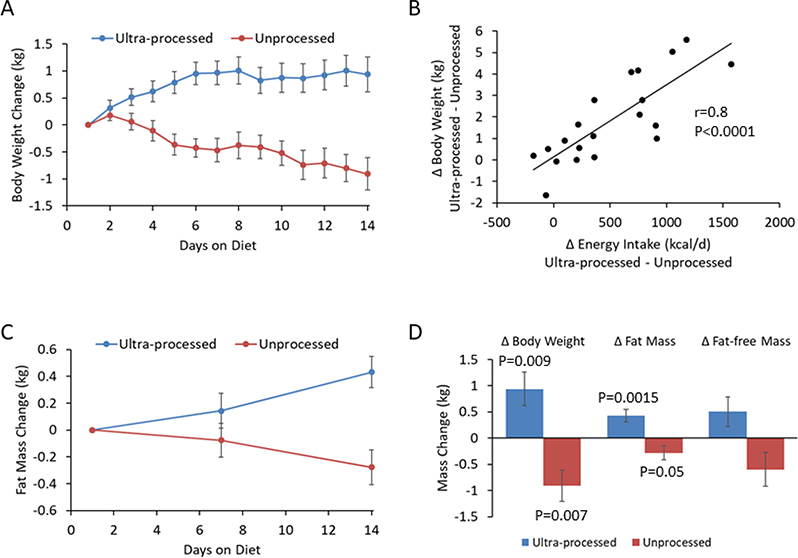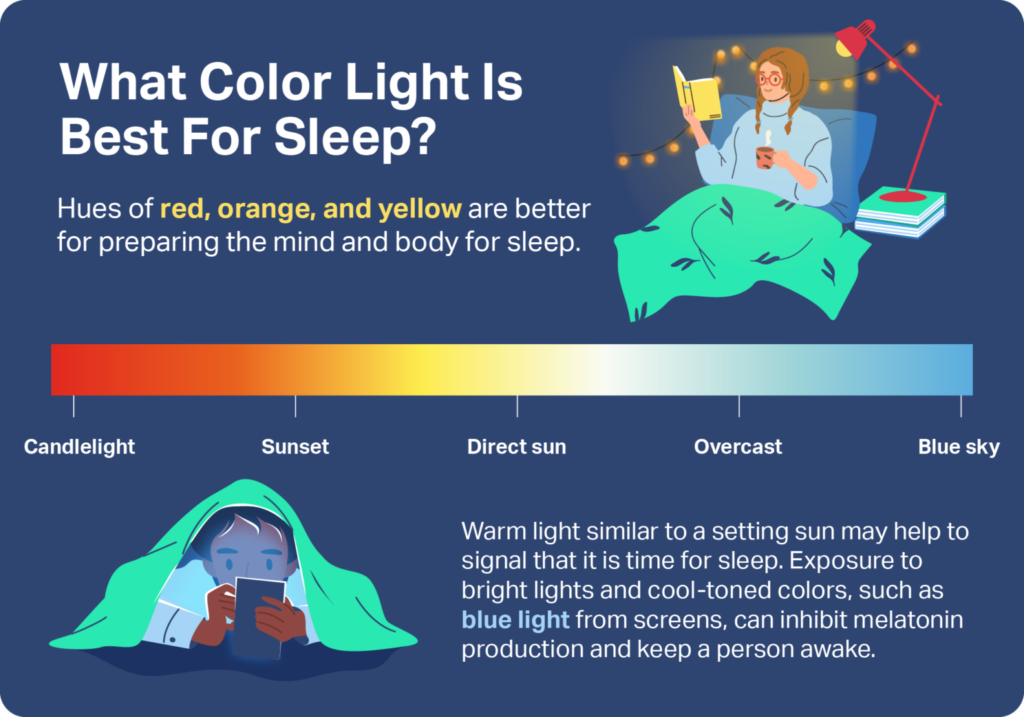
In the modern world where money, convenience and lighting fast production trumps human wellbeing, we are forced into a space surrounded by artificial ingredients, toxins and chemicals. These modalities have become accepted and normalized in today’s society. Should we accept this way of living? Is it corrupting our quality of life? What should we do about it?
Here are 4 simple ways to drastically improve your overall health and well-being.
1. Eat Whole Foods
Natural foods are raw, unprocessed foods derived from plants or animals. Free of synthetic, artificial ingredients and full of nutrient dense goodness.
Examples of natural whole foods include nuts, fruits, vegetables, eggs, nuts, grains and animal meat from animals raised without hormones.
Benefits of Eating Whole Foods:
Digestive Health:
Gut health is becoming a hot debated topic, with scientists everyday uncovering the secrets of this complex topic.
People have long believed artificial ingredients have an inert effect on the human digestive system, but new findings are contradicting this point. Studies have shown that artificial sweeteners, colors, dietary emulsifiers and food preservatives do in-fact affect your gut bacteria and oral microbiome.
Processed foods are often stripped of any real essential nutrients and filled with food additives, leading to digestive problems such as bloating, constipation and irregular bowel movements.
Gut health is often extremely undervalued. This is the result of unawareness of the gut-brain axis. This axis acts as a line of communication from your gut straight to your brain. Your gut for example, produces more Serotonin than any other part of your body. Serotonin is mainly responsible for mood regulation, quality of sleep and immunity.
If you are consistently feeling anxious, depressed or fatigued, improving your gut health is a good idea to reduce these symptoms. Often just a small elimination of processed foods can dramatically change your gut health.
Immunity:
Consumption of processed foods can easily impair the production and function of essential immune cells and antibodies while also causing excess inflammation in the gut.
Focusing on a variety of whole foods to support levels of your vitamins and minerals is known to boost your immune system
If you find yourself regularly falling ill, improving your diet is a step in the right direction.
Weight Loss:
Many processed foods are flooded with sugars and fats which create problems for anyone trying to lose weight. Whole foods have no added sugar and are in most cases, if not always better for weight loss than any processed foods.
A study was conducted with 20 weight stable adults, ate only processed foods for 2 weeks, followed by only un-processed foods for 2 weeks. Participants lost 1kg in 2 weeks on the un-processed diet and gained 1kg in the processed diet.

Skin Health:
The foods we consume in our diet have a direct impact or our skin health and function.
Processed foods have an inflammatory effect on your skin potentially leading to acne or redness of the skin. The lack of essential nutrients can be detrimental to skin health by accelerating aging, producing wrinkles and creating a dull complexion.
Remember maintaining your body from the inside out is the best way to achieve your best skin health.
2. Sunshine
The sun is responsible for all life on Earth. Sunlight plays are critical role in our wellbeing, mental health and appearance. Let’s have a look at the benefits of 20 minutes a day of sunlight.
Remember the sun is a powerful force and easily damage your skin with over exposure. Protect your skin with:
- A good, clean sunscreen
- Sun protective clothing
- Hats and sunglasses
- Staying in shaded areas
Vitamin D
Sunlight is essential for the production of vitamin D in the body. This occurs when the UV rays from the sun reach your skin and interact with a protein called 7-DHC found in the skin, with then convert into vitamin D3, the active form of vitamin D.
Vitamin D insufficiency affects almost 50% of the population worldwide.
Clinical Benefits of Vitamin D:
- Lowers risk of cancer
- Protective effect on the heart
- Lowers blood pressure
- Weight loss promotion
- Cognitive function
- Bone strength
- Immunity
Mental Health
Sunlight has been long known to improve mood and mental health. Many of us feel more positive when summer rolls around. Why?
Sunlight has been shown to increase levels of serotonin and dopamine, these compounds improve mood, motivation and rewards systems in the brain and are the target of many anti-depressants.
Natural sunlight is also known to combat stress and anxiety, it produces a calming response in the brain through balancing of stress hormones in the body.
Step outside and soak in some natural sunlight to provide a powerful mental health boost.
Sleep Quality
We all know high quality sleep is a very powerful tool to improve overall health and wellbeing, getting high quality sleep in this world doesn’t come easy.
Light plays an essential role in controlling the circadian rhythm through the regulation of melatonin. Melatonin helps your body fall and stay asleep at night. It decreases through-out the morning when exposed to sunlight and increases in the evening, when the sun starts to go down.
When exposed to only natural light, your body will follow the circadian rhythm of the sunrise and sunset. But with modern lights and technology, streetlights, phones, laptops or headlights can interfere with our production of melatonin and effect our sleep.
Reducing artificial light during the nighttime can improve sleep and using natural light to facilitate regulation of melatonin is a good practice to follow.

Cognitive Function
Sunlight exposure has been proven to increase mental clarity and reaction times.
The bright light from the sun activates areas of the brain and promotes learning, memory and overall cognitive performance. e
3. Microplastics
This area is in need of attention more than ever before. As the world becomes more and more plastic, from the tires on your car to the water you drink, microplastics are everywhere.
So, we can never really fully eliminate microplastics, but how do we reduce possible exposure?
Don’t Microwave Plastics
Plastic containers contain materials that can affect our hormones such as estrogen and testosterone. These are categorized as endocrine disruptors and are often found in the food we consume.
The harmful materials found in containers are known as BPA (Bisphenol A), phthalates and PFAS. When microwaving plastic containers, the plastic degrades and releases these chemicals into your food. Even containers labelled BPA free can contain components just as bad.
Exposure to these substances has been proven to increase risk of everything, from infertility to cancer.
Replace plastic containers with glass containers to reduce your exposure to microplastics.
Plastic Water Bottles
Relying on plastic water bottles for drinking water has been shown to increase microplastic ingestion by 6 times.
Drinking from stainless steel, ceramic or glass water bottles is a perfect solution to reducing your microplastic consumption.
Canned Foods
The convenience of canned foods often shadows the negative effects they can possess.
The lining of these cans is flooded with harmful microplastics that seep into the food and contaminate it.
Soups, beans, fish, vegetables and sauces found in cans all appear to be harmful in high doses. Chose fresh, frozen or dried foods to reduce your consumption of microplastics.
Consume Home Made Meals
These premade, packaged foods that we find around supermarkets are so convenient, like the canned goods, are they as innocent as they seem?
Due to cost effectiveness, they are always stored in plastic containers with a cling film like substance over the top. Then we microwave these containers when it comes time to eat. This provides an easy pathway for microplastics to enter your body.
If you absolutely have to consume these meals, transfer them into a glass container to reduce microplastic contamination.
Ways to Detox your Body from Microplastics
- Stay well hydrated
- Follow a fibef rich diet
- Excessive sweating
- Fasting
4. Movement

The human body is designed to move, to face challenges and to adapt. Performing regular exercise has tremendous benefits for the mind and body and endless opportunities to improve your health.
From as little as 20 minutes per day you can transform your body into something that is un-recognizable 3 years from now. That may seem a long time away, but in reality, it’s such a small portion time frame.
We can categorize exercise into two main groups being cardiovascular training and resistance training.
Cardiovascular Training
This form of training involves intentionally raising your heart rate for an extended period of time. Forms of cardiovascular training include running, cycling, swimming or boxing.
This improves the ability of your body to transfer blood around your body and fuel your cells with oxygen.
Here are some of the major benefits of cardiovascular training:
- Improved cholesterol and blood pressure
- Reduced risk of heart disease
- Longevity
- Strengthening your heart and lungs
- Improved cognitive function
- Better quality of life
Resistance Training
This form of training involves training muscles against a force to build muscle strength, endurance and flexibility. This can be performed by lifting weights, using resistance bands or bodyweight exercises.
Let’s see some of the significant benefits of resistance training:
- You get stronger
- Decreased risk of falls
- Lowers risk of injury
- Improves heart health
- Improved flexibility
- Better mental health
- Enhances bone strength
- Quality of life
How to Train Effectively
Overall, your training routine should be a mixture of resistance training and cardiovascular training to obtain maximal benefits.
Start off small and build your way up. You will slowly realize the endless benefits of regular exercise and become addicted.
A good starting point is two days of resistance training per week and two days of cardiovascular training per week, with sessions lasting 30 minutes.
Conclusion
As the world becomes more and more artificial it can be easy to follow the same path. With obesity rates and mental health issues on the rise we have to ask ourselves what has changed in the past century. There are many factors that can contribute to this fact, but we can confidently say that striving to live a more natural lifestyle is more important than ever in this generation.
Living a natural lifestyle doesn’t mean cutting out everything artificial, this is unsustainable and unnecessary. Following an 80/20 split of good to bad is the perfect balance of practicality and longevity.
Buy the glass bottle of oil instead of the plastic, microwave glass containers instead of plastic Tupperware, step outside in the fresh air each day, cook home cooked meals 5 days a week, buy some natural soap, go for that bike ride.
How are you countering the rise of artificial ingredients and toxins in the new world?




